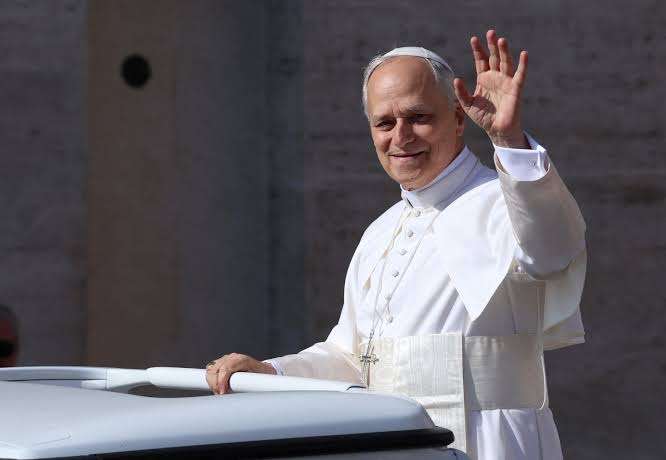Pope Leo XIV, the first American pope, has issued a sobering moral warning about Artificial Intelligence (AI), calling it a “signature threat to human dignity, labor, and agency.”
In doing so, he positions the Vatican not just as a spiritual beacon but as an emerging voice in the global governance of technology.
Who is Pope Leo XIV?
Born Robert Francis Prevost in Chicago in 1955, Pope Leo XIV is said to be bringing a unique blend of spiritual depth, academic rigour, and global experience to play.
An Augustinian friar, former missionary in Peru, and accomplished theologian, the pope is fluent in multiple languages and holds advanced degrees in canon law and theology.
Prevost was appointed cardinal by Pope Francis in 2023 and served as Prefect for Bishops before his election to the papacy in May 2025.
He chose the name Leo XIV in homage to Pope Leo XIII, who penned the 1891 encyclical Rerum Novarum, a foundational document on workers’ rights in the Industrial Age.
That symbolism wasn’t lost when Leo XIV declared AI to be the “industrial revolution of our era—but faster, and without moral brakes.”
The Pope’s Message on AI
Speaking during his first public address in St. Peter’s Square, Pope Leo XIV warned that unchecked development of artificial intelligence could displace labour, deepen inequality, and erode human dignity.
“We must not build intelligence that forgets the human person,” he said. “To build without conscience is to build a future of shadows.”
He called for a “Charter of Digital Human Rights”, built on three pillars —transparency, moral oversight, and human-centered design.
Popes Have Warned Us Before
Pope Leo XIV’s concerns are not without precedent. Several of his predecessors have spoken about the growing power and risks of technology:
- Pius XII (1950s) cautioned against the moral implications of nuclear technology.
- John Paul II highlighted the dangers of “digital alienation” and dehumanization in media.
- Benedict XVI spoke of the need for “digital gentleness” in a hyperconnected world.
- Pope Francis, Leo XIV’s immediate predecessor, co-signed the Rome Call for AI Ethics in 2020 with Microsoft and IBM, warning about algorithmic bias and automation’s effect on workers.
Moral Urgency
Leo XIV builds on this legacy, but goes further —placing AI at the centre of global moral urgency.
The Vatican as an Ethical Force in Tech
Contrary to the stereotype of a slow-moving institution, the Vatican has been steadily modernizing its approach to science and technology.
The Pontifical Academy for Life and the Vatican Observatory have been engaging with digital ethics and space science, respectively.
Since 2020, the Church has hosted closed-door sessions with leaders from Google, Microsoft, and IBM, aiming to forge dialogue between moral philosophy and machine learning.
Pope Leo XIV is now calling on world governments to formalize ethical AI regulations and on the global faith community to play an active role in shaping technological development.
The Global Ripple Effect
Pope Leo’s declaration could shape the conversations at the United Nations, influence EU digital policy, and energize Catholic institutions around the world.
There is already speculation about a 2025 Vatican-led Global AI Ethics Summit, inviting interfaith leaders, researchers, and developers to collaborate.
Also Read: “Not all ‘AI startups’ are AI startups,” experts debate as industry witness surge
Why It Matters
In an age when tech companies often outpace governments in innovation, the voice of a global moral authority carries weight.
Pope Leo XIV reminds us that not all intelligence is wisdom—and that the future must be not only innovative but just.
“Code wisely. Govern justly. Remember the human.” — Pope Leo XIV





